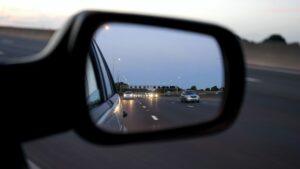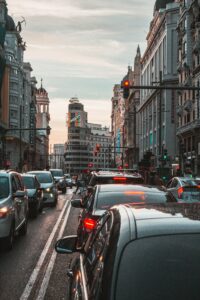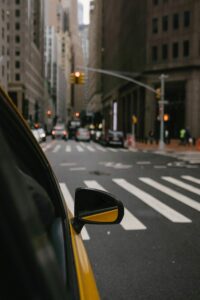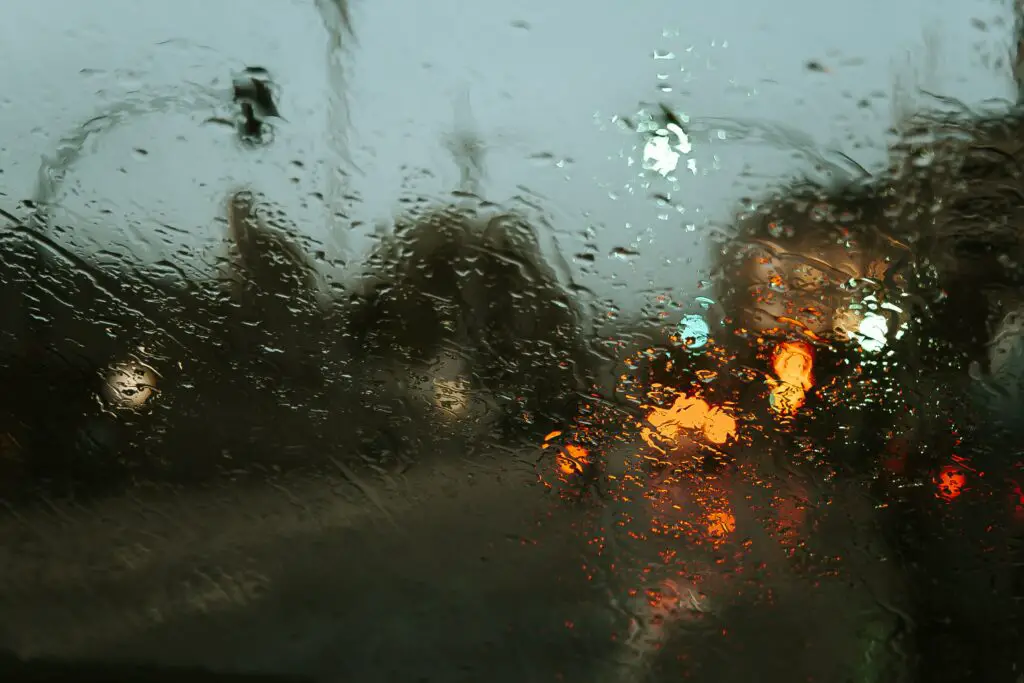Contents
Is It Illegal to Wash Car Windows at Traffic Lights?
Imagine this scenario: you’re cruising down the city streets, tunes playing softly, when suddenly, the traffic light ahead transitions from green to red. You gently tap the brakes and come to a stop, idly glancing around as you wait for the light to change. And then, out of nowhere, a person wielding a squeegee appears at your window, ready to give your windshield a sparkling makeover.
You’re caught off guard – is this even allowed? As the light switches back to green and you drive away, questions linger in your mind. Fear not, for in this article, we’re about to embark on a journey through the intriguing world of window washing at traffic lights. We’ll peel back the layers of legality, scrub away safety concerns, and shine a light on the ethical considerations that shape this curbside phenomenon. So buckle up, dear reader, as we navigate the crossroads of law, society, and common sense.

Understanding the Practice: A Splash of Suds and Stories
You’ve likely encountered these curb-side maestros during your daily commute – the window washers who seize the precious moments of red lights to offer their swift cleaning services. However, this practice is more than just a quest for a spotless view; it’s a slice of urban ingenuity that thrives amidst the hustle and bustle.
Imagine yourself in the heart of the Big Apple, where time moves at a frenetic pace and every second counts. Here, at the intersection of Wall Street and Everyday Avenue, window washers deftly maneuver through the traffic, offering their services to drivers. With a quick spray here and a skilled swipe there, they transform smudged windshields into crystal-clear canvases. And it’s not just the New York streets that witness this curbside theater; it’s an act that plays out in various cities across the nation.
Take Los Angeles, for example, where the car culture reigns supreme. In a city where freeways weave intricate patterns, window washers are a common sight at the intersections. As the sun sets over the palm trees and the traffic slows down, these unsung heroes step forward with their buckets and rags, bringing a touch of service and a dash of entrepreneurship to the waiting drivers.
Legal Aspects: Red Lights and Gray Areas

Now, let’s tackle the thorny issue of legality. Is this squeegee symphony a harmonious addition to the urban landscape, or is it a dissonant note in the orchestra of traffic regulations? As with most legal matters, the answer isn’t as clear as a freshly washed windshield.
Consider two scenarios – one in City A and another in City B. In City A, local authorities adopt a laissez-faire approach, allowing window washers to ply their trade without significant interference. Here, it’s seen as a form of expression and a way for individuals to earn a modest income during the idle moments of traffic congestion. On the flip side, in City B, the authorities adopt a stricter stance, viewing window washing as a potential safety hazard. The argument here is that this curbside performance diverts drivers’ attention away from the road, leading to an increased risk of accidents and potential legal quandaries.
Safety Concerns: Distractions and Dilemmas
As we navigate the urban jungle, safety becomes a paramount concern. In the midst of honking horns and bustling traffic, window washers dart between vehicles, armed with spray bottles and cloths. It might seem like a charming display of resourcefulness, but it’s not without its risks.

Imagine you’re inching forward in a sea of cars during rush hour. Your mind is preoccupied with the day’s events, and you’re eagerly anticipating your arrival home. Suddenly, your attention is diverted by the appearance of a squeegee-wielding washer at your window. You instinctively turn your focus toward the impromptu performance, your foot easing off the brake. But in that fleeting moment, the car in front of you comes to an unexpected stop, and you’re left with a heart-pounding realization – you’ve rear-ended the vehicle.
The issue at hand is the potential for accidents caused by divided attention. In a world saturated with digital distractions, our ability to focus on the road is already stretched thin. Add a window washer to the mix, and you’ve got a recipe for potential disaster. That fleeting glance at the person cleaning your windshield could result in a collision that changes lives in the blink of an eye.
Ethical Considerations: Suds and Society’s Scrutiny
Now, let’s pivot toward the ethical dimensions of this curbside choreography. Is window washing merely a matter of sprucing up glass, or are there deeper ethical currents at play? The answer, not surprisingly, is as complex as navigating rush-hour traffic.
Imagine you’re a driver at an intersection, waiting for the light to change. A window washer approaches your vehicle, ready to offer their services. In this scenario, you face a choice – do you accept their gesture, potentially supporting their attempt to make a living, or do you decline, perhaps concerned about your safety or the potential disruption to traffic flow? It’s a balancing act between personal freedom and the collective well-being.

Yet, the story goes beyond the driver’s seat. Who are these window washers? Are they individuals striving to make ends meet within a challenging economy, or are they part of a larger system that relies on these spontaneous services? This question delves into matters of dignity, fair compensation for labor, and the broader socioeconomic factors that push individuals into these roles.
Regulatory Measures and Alternatives: The Road Ahead
As we navigate the ever-evolving landscape of traffic laws and regulations, local governments find themselves navigating the soapy waters of window washing. Some municipalities are considering innovative solutions to strike a balance between personal entrepreneurship and road safety.
Imagine a city that designates specific areas at major intersections where window washing is permitted. These designated zones provide a safer environment for both the window washers and the drivers. Additionally, these zones could help alleviate traffic disruptions, ensuring a smoother flow of vehicles when the light turns green.
Furthermore, education plays a vital role in reshaping public perceptions and behavior. Picture billboards strategically placed at intersections, flashing catchy slogans that remind drivers to keep their eyes on the road and avoid distractions. Social media campaigns, complete with relatable memes and short videos, could effectively convey the message that road safety is a shared responsibility.
Conclusion: Finding Clarity in the Suds
As we draw the curtains on our exploration of window washing at traffic lights, the central question remains: is it illegal to wash car windows at traffic lights? The answer, much like the practice itself, is a nuanced tapestry of legal intricacies, diverse opinions, tangible safety concerns, and ongoing ethical debates.

In the midst of this complexity, every decision made at the traffic light carries significance. Whether you’re a driver contemplating whether to accept the squeegee service, or a policy-maker crafting regulations, your choices reverberate beyond the intersection. As we journey through the thoroughfares of our cities, let’s balance personal freedoms with the collective good, endeavoring to create a road experience that’s safe, respectful, and mindful of the shared spaces we navigate.
The next time you find yourself waiting at a red light, take a moment to reflect on the soapy drama unfolding just outside your window – it’s a microcosm of the intricate web that weaves together modern urban life.





